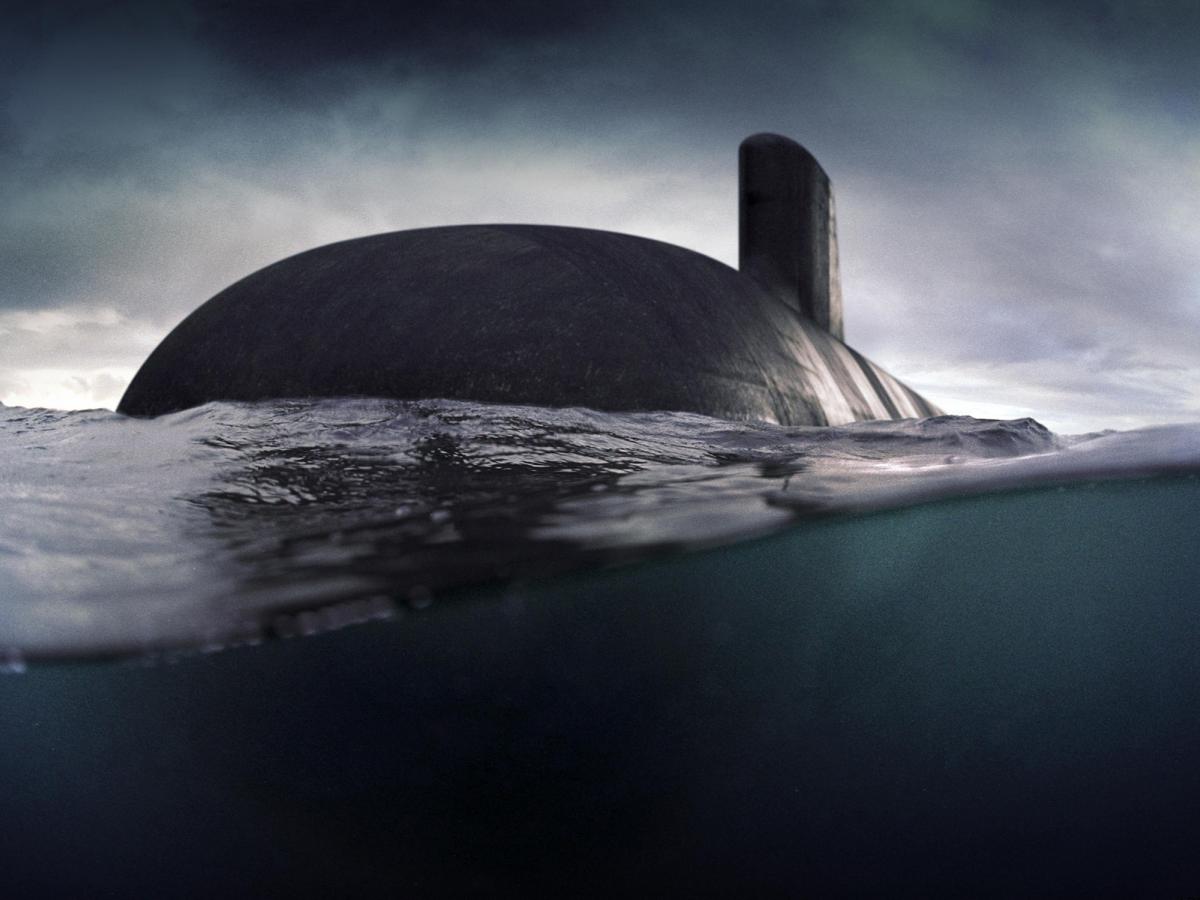University of Adelaide rises to new defence opportunities

The University of Adelaide stands primed to maximise the opportunities for education and research presented by the new defence alliance announced between Australia, the United States and the United Kingdom.
“The University of Adelaide is well prepared to contribute decisively to the future skills and research needs of our state and our nation, aligned with industry and government priorities,” said Professor Anton Middelberg, Deputy Vice-Chancellor (Research), University of Adelaide.
“We will use our long history of engagement with the defence sector to be a driving force at the centre of the research and education opportunities that this new partnership presents.”
As one of Australia’s leading comprehensive research institutions with 16 discipline areas rated in the world’s top 100, the University is also at the forefront of defence research that has been pioneered in South Australia.
“World-class defence research is being undertaken at the University of Adelaide in fields including artificial intelligence, quantum and cyber technologies, and critical minerals,” said Professor Middelberg.
“We have an opportunity to work with Australian industries to improve their competitiveness, productivity and sustainability when dealing with radiation-related issues, by providing expertise in areas such as radiation sensor technologies.
“Our existing capabilities in defence research will be brought to bear to educate the future workforce, to acquire skill-sets across a range of disciplines that will be required by the defence industry across the nation.”
“We will use our long history of engagement with the defence sector to be a driving force at the centre of the research and education opportunities that this new partnership presents.”Professor Anton Middelberg
Students at the University of Adelaide are already taught the latest developments in nuclear expertise from staff with first-hand experience in areas such as the design, construction and testing of nuclear-powered submarines, and the handling of intermediate-level waste storage facilities. Engineering students can learn about the latest developments in nuclear management and how to make control systems and sensors resistant to nuclear radiation.
“We will investigate opportunities to tailor existing undergraduate courses and develop new graduate courses that support a workforce ready to contribute to defence industry,” said Professor Middelberg.
Existing degree programs will be strengthened with new international collaborations to co-create the future workforce.
“Programs such as the Master of Marine Engineering – backed by the expertise and resources of ASC, Australia’s submarine company – is preparing postgraduate students for a career designing, building and sustaining the nation’s current and future submarines,” said Professor Middelberg.
New micro-credential courses for continuing professional development will support people already in the workforce who will want to upskill so that they will be able to seize new career opportunities.
“With nine STEM disciplines already ranked as Top 50, the University of Adelaide is respected globally and is uniquely positioned to help lead research with AUKUS partners in industry and academia,” said Professor Middelberg.
Media Contact:
David Ellis, Interim Director – Media and Corporate Relations, The University of Adelaide
Mobile: +61 (0)421 612 762, david.ellis@adelaide.edu.au
